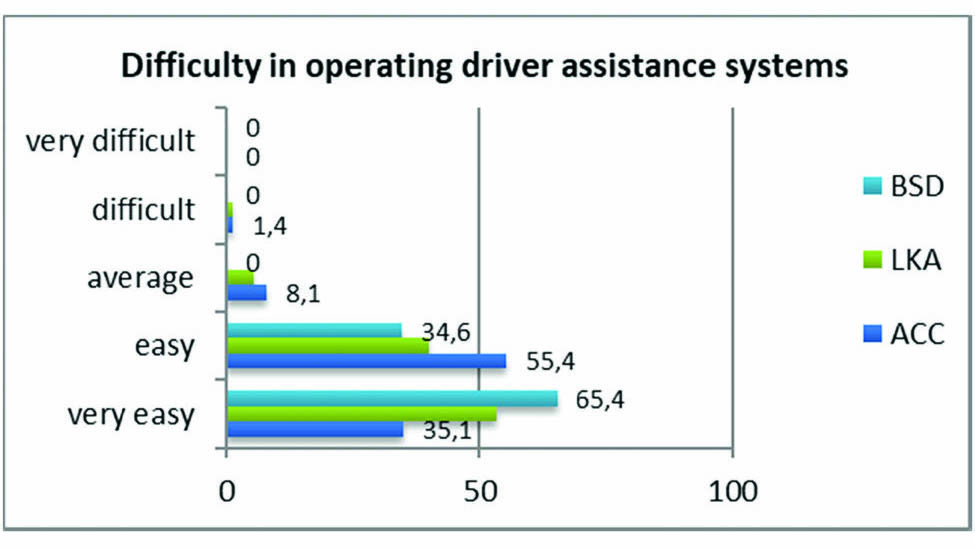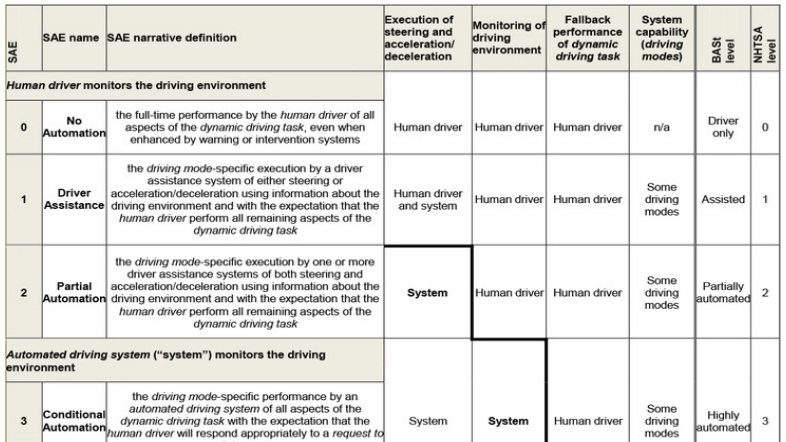Adaptation to driver-assistance systems depending on experience
Many tasks that until recently could only be performed by humans are now entrusted to machines. Automation plays an increasingly important role in many areas of life, and its special role is observed in broadly understood transport, affecting the mobility, behaviour, and safety of drivers. Faced with the threat of a large number of accidents, deaths, and injuries, vehicles equipped with driver-assistance systems, the so-called ADAS (advanced driver-assistance system), are a significant support for the driver in reacting to the unexpected situations. The studies conducted so far indicate that the experience of using these systems may increase not only the comfort but most of all the safety of road users. In Poland, such analyses are still a challenge.



